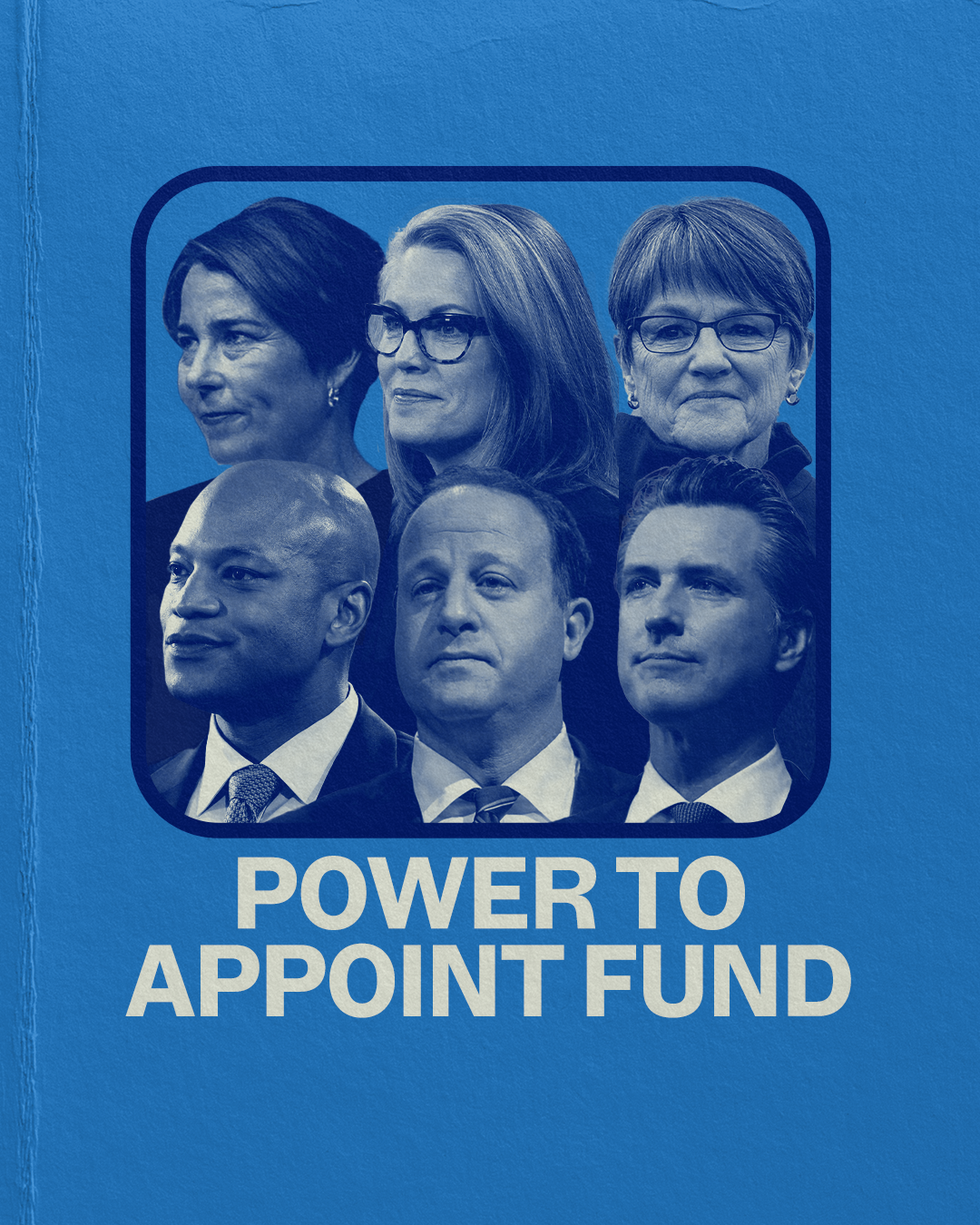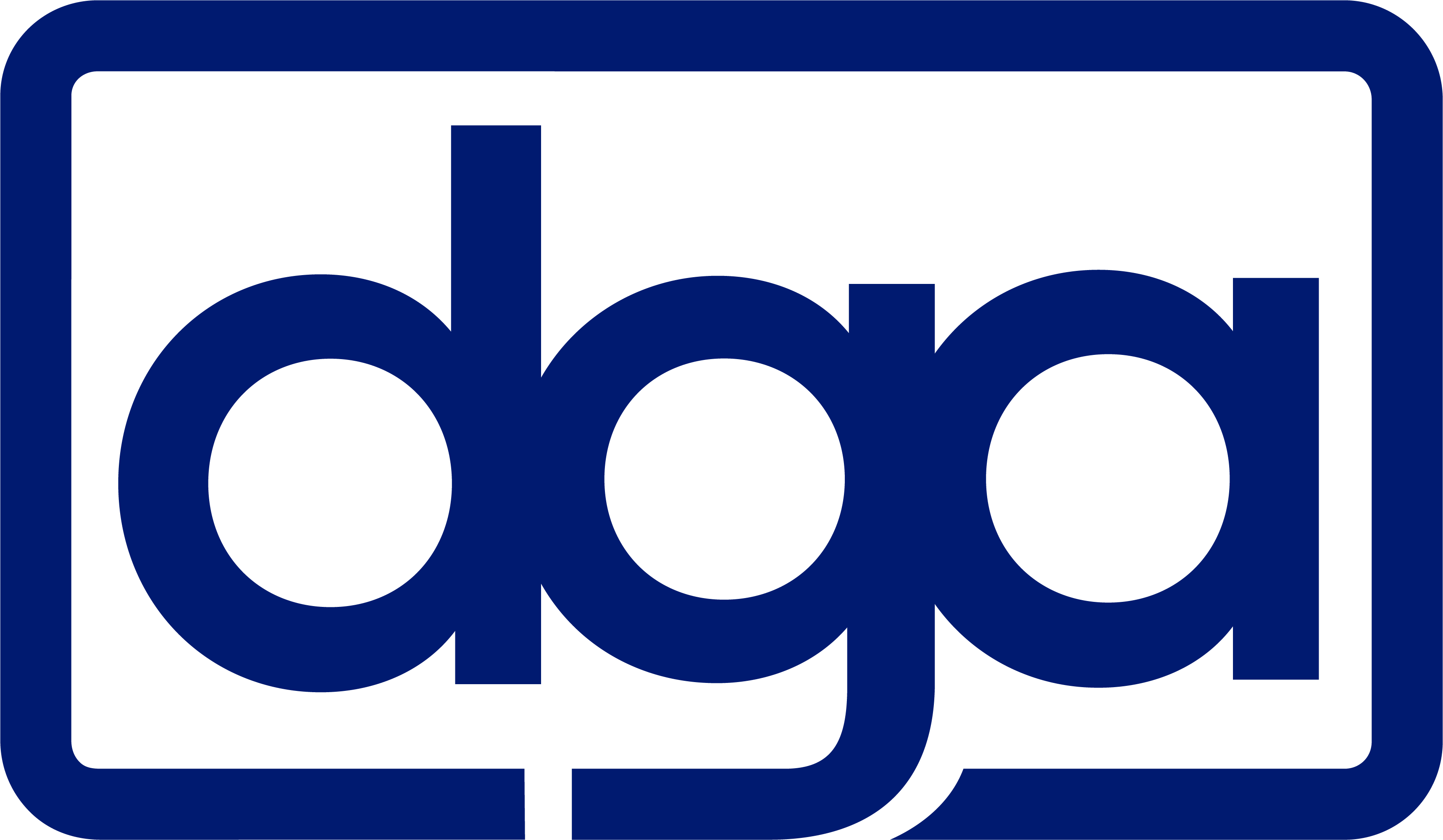
Can you donate now to join our fight?
We just launched the Power to Appoint Fund to highlight the important role Dem Govs play to ensure integrity in our country’s judicial process and protect fundamental freedoms. Your support will ensure we can make crucial investments in key states and protect our democracy. Please don’t wait: rush your gift to elect Democratic governors! >>>
Corbett dogged by 2011-12 education cuts
http://www.mcall.com/news/nationworld/pennsylvania/mc-pa-corbett-election-education-record-20140125,0,4092509.story#ixzz2rTGjS54f
A helicopter circled high above the Philadelphia magnet high school, the thump of its propellers drowned out only by the voices of protesters expecting to see Gov. Tom Corbett.
The governor was scheduled to present Central High with an academic award for high math and reading scores. But the protesters, who included students, did not want him there.
They proclaimed Central has succeeded despite losing programs and staff after $1 billion in federal and state money was cut from Corbett’s education budget in 2011-12 to help close an anticipated $4.2 billion deficit.
“It is a travesty for the governor to come to the scene of the crime to celebrate what he has nothing to do with,” the Rev. Alyn E. Waller’s voice boomed into a microphone. “We are here to say to the governor, ‘They did it without you.’ ”
Corbett never heard them.
He quietly canceled the visit after his administration got an anonymous letter from Central staff saying they were uncomfortable with his presence.
How did this happen?
How did the state’s top elected official — a former teacher himself — become so vilified in some quarters that he’s not welcome in a public school?
“The Philadelphia issue is unique,” Corbett’s campaign manager Mike Barley offered. “Philadelphia has had issues for a long time. That’s why they have a [state-controlled] School Reform Commission.”
But it’s not the first time Corbett’s presence at a school has prompted protests.
Eight months ago, in Lancaster County, Corbett had his Millersville University commencement speech upstaged by some graduates and faculty who turned their backs on him in protest of a roughly 19 percent hit state universities took as part of the $1 billion reduction in education spending.
Corbett’s education cuts went into effect July 1, 2011 — an eternity ago in the realm of politics, where voters tend to have short memories.
But voter memory appears long when it comes to the 2011-12 education funding cuts.
No matter what Corbett has said or done, his education record is viewed through the prism of those cuts, and their specter could threaten his re-election chances.
Since Corbett has been in office, the number of voters who rank “education, school” as Pennsylvania’s top priority has skyrocketed by 17 percentage points to 21 percent, according to a recent Franklin & Marshall College poll.
Education is now the top issue for voters, far outpacing unemployment, economy, taxes and crime, the poll found.
At the same time, the number of voters who say Corbett is doing an “excellent or good job” has gone down similarly, to 19 percent.
Corbett has 10 months to turn it around before voters go to the polls Nov. 4. But political observers say Corbett might not be in this pickle had he and his team not botched the initial public relations aspect of the education cuts.
“No one would argue he inherited a very dire fiscal situation in the state and cuts were necessary,” said Chris Borick, a Muhlenberg College political science professor and pollster. “It was a situation from the start that caused problems for Gov. Corbett, but those problems were compounded by a less than successful communication effort to help explain why they were necessary.”
Corbett did not cast the cuts in a compassionate way as more polished politicians such as Gov. Tom Ridge or President Bill Clinton might have, observers say.
“He was cold and antiseptic,” Wilkes University political scientist Thomas Baldino said.
Corbett, who became a lawyer after a brief tenure as a teacher, got defensive. He seesawed between denying he cut spending to blaming the federal government, his predecessor Gov. Ed Rendell, school boards, teachers and principals.
“Washington gave and Washington took away,” Corbett said in his March 8, 2011, budget address, explaining cuts that would hit school districts as the Great Recession took hold and local revenues dwindled.
Corbett then tried to distance himself from the thousands of layoffs that hit public schools, saying they were the result of school boards that had unwisely counted on temporary federal stimulus money during the last two fiscal years of Rendell’s term.
Corbett has stuck to that defense.
“I did not cut $1 billion,” he said last week. “That was cut before I walked in the door.”
But state budget records show the 2011-12 education cuts didn’t only include the loss of the stimulus funds, which were given to help cash-strapped governments and schools get through the recession.
In addition to the $655 million in federal stimulus money, the cuts included $355 million of state funds as well. The state funds that were eliminated covered reimbursement payments to districts for charter school costs and the Accountability Block Grant, which districts used to pay for preschool, full-day kindergarten and police officers.
But Baldino said parents did not care how the $1 billion disappeared. All they know is that they were seeing favorite teachers laid off, class sizes balloon, music and arts eliminated, and fees instituted to play sports.
Meanwhile, they were seeing property taxes rise and state college tuitions and fees swell.
“It appeared [Corbett] didn’t appreciate the consequences of those cuts,” Baldino said.
Steve Miskin, spokesman for House Republican leadership, said his caucus did not agree with the way Corbett handled the public relations aspect of the spending cuts.
“There’s no question his compassionate side was not conveyed that first year,” Miskin said. “By embracing the loss of federal dollars as our own cuts, he created a perception he didn’t care about students, schools, he didn’t care about education in general, and that’s far from the case. But that’s the perception that lingers.”
Monday-morning quarterbacking is easy, said Corbett’s campaign manager Barley. But, he acknowledged, the administration could have handled the 2011-12 education cuts differently.
Tough position
Speaking for the administration, budget Secretary Charles Zogby stressed that Corbett cares about education.
Zogby said no other governor has spent more state funds on public schools, kindergarten through 12th grade, than Corbett, citing this fiscal year’s budget of $10.3 billion.
But he said Corbett’s critics have twisted the truth for so long that it is difficult for the administration to explain its side of the story.
“It’s easy for the governor’s opponents to repeat ‘a $1 billion cut, a $1 billion cut,’ when the explanation takes more than the seven-second sound bite,” said Zogby, who served as Ridge’s education secretary.
Zogby said critics fail to take into account the legal mandates Corbett has faced in doling out education dollars.
The same year $1 billion was cut from the education budget, a new law went into effect that was meant to reduce the decades-old backlog of unfunded teacher and state employee pension contributions.
Act 120 required Corbett to allocate $600 million in school-employee pension contributions, double what Rendell had to pay, budget records show. The mandate to contribute more has continued throughout Corbett’s term.
Despite the pension burden, Zogby said Corbett allocated more in basic education funds in 2011-12 than Rendell, increasing the amount by $128 million to nearly $5.4 billion. That amounted to a 2.5 percent increase over the then-record level set in 2008-09, budget records show.
But that amount didn’t come close to making up the loss of the charter reimbursements and Accountability Block Grants.
Statewide, districts, which were also facing rising charter school, medical and pension costs, couldn’t absorb the cuts.
Philadelphia has closed 30 schools.
Districts statewide have reduced personnel by about 23,000 — a third of those coming from the teaching ranks — since 2011-12, according to the Pennsylvania Association of School Business Officials.
The biggest job losses in the Lehigh Valley have occurred in the Allentown School District, where 375 jobs have been cut even after extra state money came with the help of state Sen. Pat Browne, R-Lehigh.
The district also shortened the school day for high school students and reduced arts offerings, among other cost-saving initiatives. Going into 2014-15, it is looking at even more staffing cuts as it faces a possible tax hike and $13.2 million deficit.
“Here’s where the current governor is extremely disingenuous,” said Jeff Glazier, a former Allentown school director who is now on city council. “He moans school districts spent all this money and I guess he feels he was left holding the bag. But, he’s never been man enough to say he kept two sets of books, one for education and one for prisons.”
Corbett critics still point to the fact that while $1 billion was cut from the education budget, the state corrections budget, including its stimulus money, was spared.
Zogby said what critics don’t understand is that Corbett had two months to put together his first budget and present it. That short time frame precluded the administration from cutting other agencies.
“How do you wring $100 million [out of corrections]?” Zogby said. “That’s closing a prison. You can’t just close a prison.”
But when revenue came in much higher than expected in June 2011, the Republican-controlled Legislature felt Corbett had wrung too much out of schools. Lawmakers demanded that $100 million in accountability block grants be put back in the budget.
Corbett balked, saying he would not sign a final budget greater than $27.15 billion.
Lawmakers wouldn’t back down either. They struck a deal.
Corbett agreed to the extra block grant money, but only if lawmakers took the $100 million out of unspent proceeds from Rendell’s 2010-11 budget.
By doing that, Corbett was able to keep his budget intact and fulfill a campaign promise to keep spending down in 2011-12.
But it also meant Corbett punted praise for raising the education budget — and saving some jobs — to the Legislature.
The next fiscal year, 2011-12, Corbett again sought to cut the grant program and make even deeper cuts to higher education. Lawmakers refused. Corbett backed down.
His reputation
With poll numbers lagging leading up to the election, Corbett has been trying to improve his education image.
He has appeared somewhat contrite about the 2011-12 budget cuts, although still denying he had a hand in them. Corbett has used the power of incumbency to visit more schools and proudly tout when his administration secures federal grants, such as the $52 million Race to the Top grant it won in December for preschool education.
He also has stopped talking tough about teachers and even has reminisced about his time in the classroom.
Corbett may even propose spending an additional $100 million to $200 million for education next fiscal year, according to a recent Philadelphia Inquirer article.
But will it be enough to get Corbett out of the shadow of the 2011-12 cuts?
Not unless the would-be funding increase is large and sustainable, Baldino said.
“A one-time slight increase in state spending hanging out there without any effort or future direction, I don’t think it will save his reputation,” he said. “I think it gives his opponents more ammunition.”

